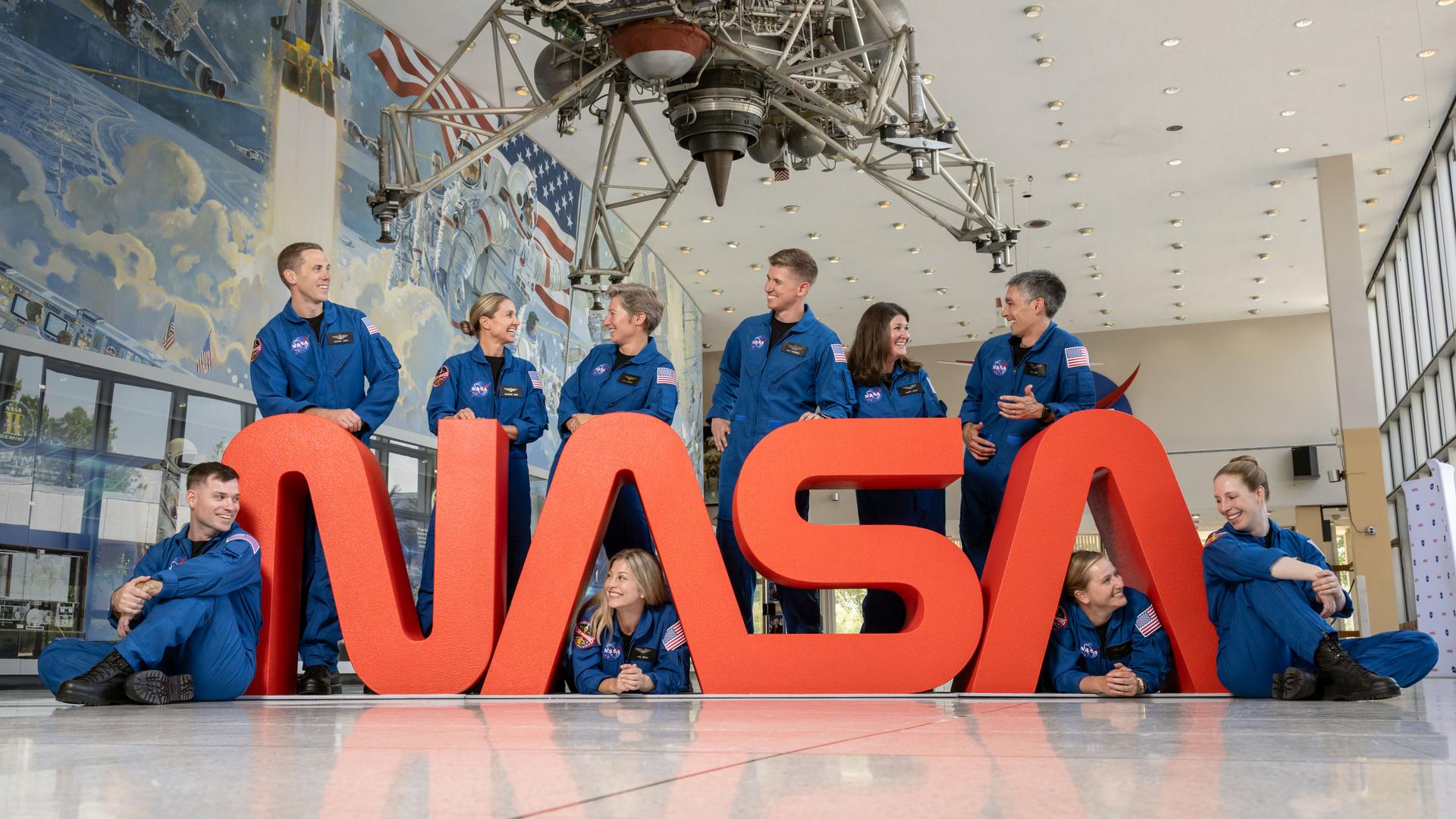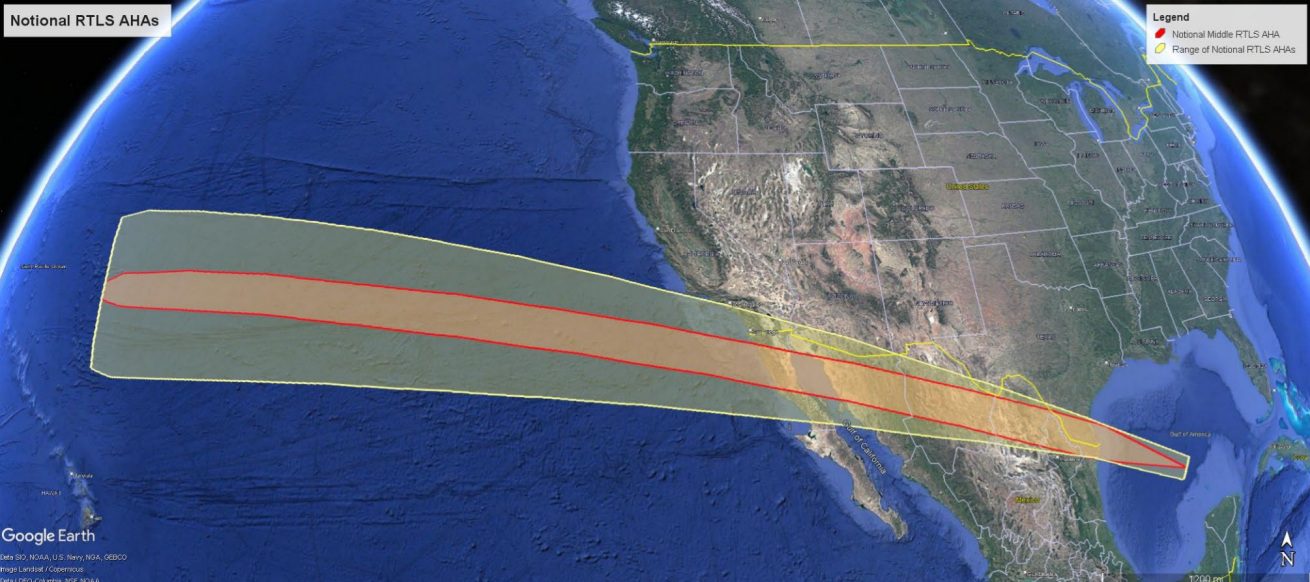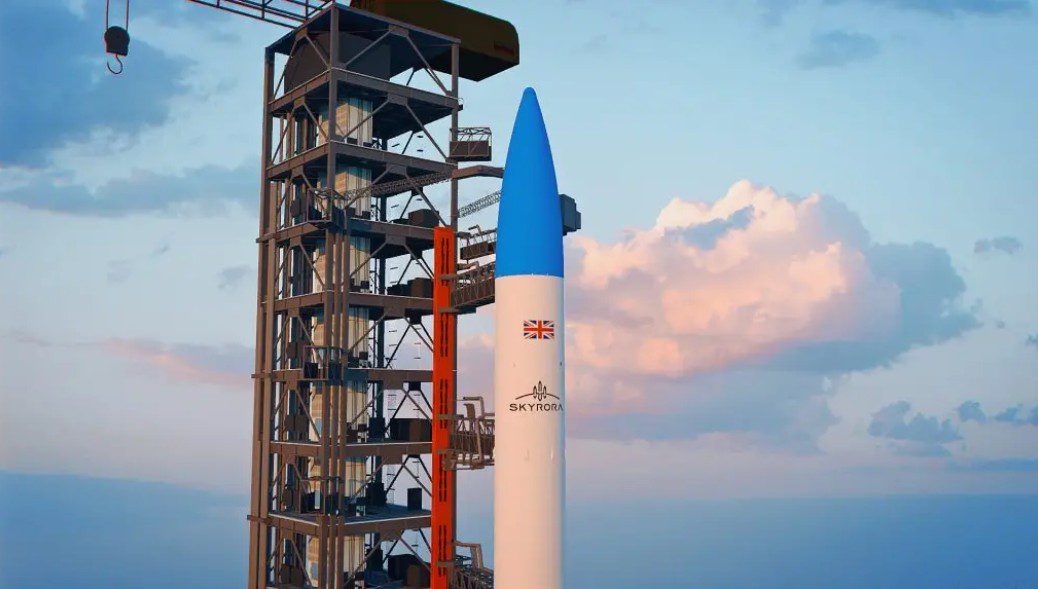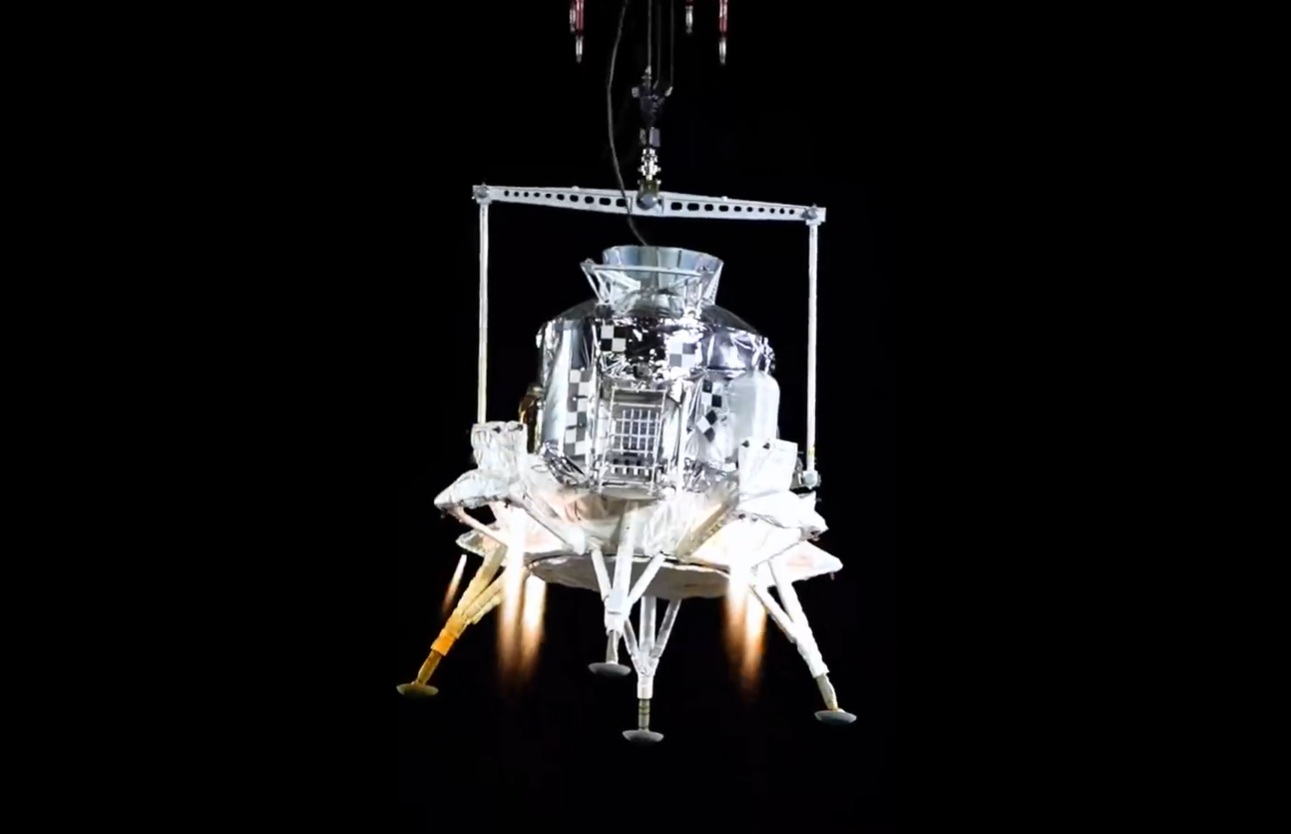After Flightglobal’s Hyperbola revelation that the Breeze M (Briz M) upper stage had not peformed a planned post-satellite delivery final orbit-lowering/propellant depletion manoeuvre during the latest Rockot launch, Eurorockot, the firm that markets Russian-built Rockot launch vehicles, has confirmed that an investigation is underway and that subsequent Rockot launches including the planned early year launch of the European Space Agency’s Swarm mission will now be delayed.
“The situation on Swarm is such that we are presently awaiting the outcome of the Russian failure commission`s findings on what occrred on January 15, 2013.” Said Peter Freeborn, Director of Marketing and Sales at Eurockot before adding: “Recent planning for Swarm entailed a launch in May or June 2013, so we do hope this may eventually be maintained.”
The launch of the three spacecraft Swarm mission could however actually be delayed until the late summer, partly because of the failure investigation,and partly because two Russian goverment launches have priority in the Rockot launch schedule. At least one of these Russian government/military launches is expected to take place before the Swarm mission can take place.
The European Space Agency’s Swarm mission is designed to study the Earth’s magnetic field ideally as solar activity peaks during the so-called Solar Maximum this year. The launch of the Swarm mission had previously already been delayed from its planned 2012 launch by an investigation Breeze-KM (Briz-KM) upper stage malfunction after a Rockot launch lost a Russian science satellite in February 2011.
Concern over this apparently minor Breeze KM malfunction has been heightened over the fact that still partly-fuelled upper stage might one day explode adding to the space debris in oribt. There are also concerns that this event is yet another example of a Breeze upper stage going wrong. Apart from the Rockot’s Breeze KM problems, the Proton M launch vehicle has been beset by recent failures involving the Breeze M version of this upper stage.







